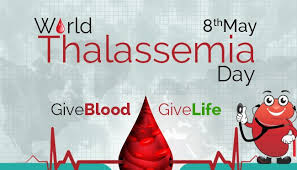Of the course of our lifetimes, our reaction times will slowly wane. It's one of the reasons why athletic performance tends to drop off from our 30s onwards.Scientists are finding that being able to maintain an average reaction speed can be a key indicator that our brain is still in good working order, even into our latter decades. But that isn't all they can reveal. From your heart health to your overall risk of an early death, your reaction times can provide a window into the inner workings of the body.
''Some people just tend to be faster than others, even before ageing effects really kick in," says Simon Cox, professor of brain and cognitive ageing at the University of Edinburgh in Scotland. "But a decline in reaction times probably indicates an accumulation of age-related degradation. It's a marker which tells us a lot about the combined functioning of quite a lot of biological systems.''
At the University of Colorado Boulder, biomedical professor Alaa Ahmed has found that as we get older, our reaction times may depend more heavily on our overall bodily health than our brain. She says this may be because things like fast-twitch muscle fibres which enable our physical ability to respond quickly, have waned, or because our mitochondria the components within our cells which generate energy – are working less well, meaning that we're less efficient at moving swiftly.
As well as the ruler test, reaction times can be assessed through simple computer games such as the Human Benchmark Reaction Time Test which involves waiting for a red box to turn green and then clicking on it as quickly as possible. Sharp deteriorations in performance over time can reflect a combination of sensory systems breaking down, as well as a slowing of the brain's decision-making. One study last year found that loss of visual sensitivity in seeing and responding to patterns can be one of the earliest signs of dementia, beginning more than a decade before symptoms begin.
"With age, the nerve fibres in the brain's white matter can start to communicate signals less efficiently, resulting in slower information processing," says Cox. "Once the decision has been made to react, the nerves that connect your brain to your muscles also need to be in good condition to transmit that message quickly, and these age too."
But there are things that we can all do to either slow or prevent this decline from happening. Pain recommends so-called dual task training, which involves simultaneous movement and cognitive training activities to tune both the brain and body. Examples include walking while turning your head from side to side, balancing on one leg while reciting the alphabet, or tossing a ball while verbally associating words.Even things like such as participating in fitness classes via a TV screen or tablet can help with your reaction times. This improves the ability to perceive and respond with meaningful coordinated motions.
Madina Mammadova\\EDnews









